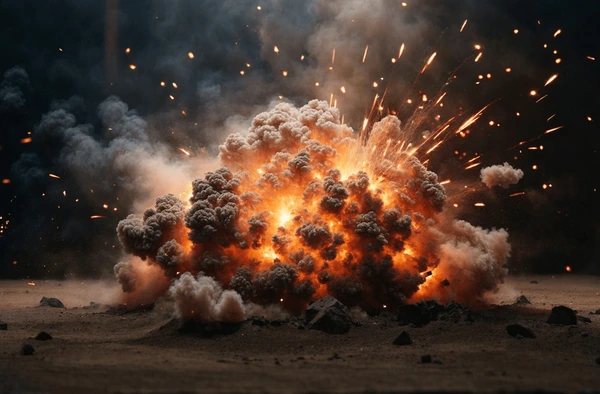The Baloch Yakjehti Committee (BYC) has issued an urgent appeal to international media houses and journalists, reporting that Pak-occupied-Balochistan has become a fully war-torn region. The appeal highlights severe human rights violations and calls for immediate coverage.
BYC announced a Baloch national gathering in Gwadar on July 28. However, the Pakistan Army has deployed all its resources to prevent this peaceful public assembly, committing severe human rights violations in the process.
Communication blackout & curfew
For the past 48 hours, the internet has been completely shut down in most parts of Gwadar and Makran. Phone networks have also been down since last evening. An undeclared curfew has been imposed in Gwadar and surrounding areas, with no one allowed to enter or leave the city.
A convoy of thousands of people left Quetta for the national gathering in Gwadar. Shortly after departing, they were stopped by the Pak Army and Frontier Corps. Despite their large numbers, they managed to reach Mastung after overcoming several barriers.
In Mastung, the Pak Army opened direct fire on the peaceful convoy, which included hundreds of women and children. Due to this brutality, fourteen participants were injured, three critically. The military then punctured the tires of all vehicles, rendering them useless, and broke windows by firing directly at them. The convoy is now holding a peaceful sit-in in Mastung.
Roadblocks & further violence
Talar, located 60 kilometers from Gwadar, hosts a large military camp and checkpoint. All convoys heading to the Baloch national gathering have been stopped at Talar for the past 48 hours. Until last evening, local journalists and BYC activists reported extreme violence, direct firing, and tear gas shelling by the military. Several peaceful participants were reportedly injured, and one killed. However, with communication networks down, further updates are unavailable, raising concerns for the thousands of participants’ safety.
A convoy from Karachi and Hub was also stopped multiple times. Initially held for 12 to 14 hours, they were later stopped again at Buzzi Top in Hingol, where their vehicle tires were punctured. The convoy, which includes many women and children, has been holding a sit-in under the open sky without food and water since last night.
Crackdown on Activists
In the past week, raids targeted peaceful activists preparing for the national gathering in various parts of POB. Twelve female and more than fifty male were forcibly disappeared, and multiple false FIRs were filed against activists.
On July 28, a complete shutter-down strike is ongoing in most parts of POB against the Pak Army’s oppression. Sit-ins are also being held in front of Balochistan University in Quetta, on the Quetta-Karachi Highway in Mastung, and on the Coastal Highway in Hingol.
Media Blackout and Appeal
BYC said that due to the communication blackout, they lack complete information about the national gathering in Gwadar. Convoys from other parts of POB have yet to reach their destination, and updates are unavailable.
Pakistani mainstream media is silent on the issue and therefore, BYC appealed to international media houses and journalists to respect journalistic values and principles by providing coverage of the war-like situation in Balochistan, the complete curfew in Gwadar, and the severe oppression by the Pak establishment.










